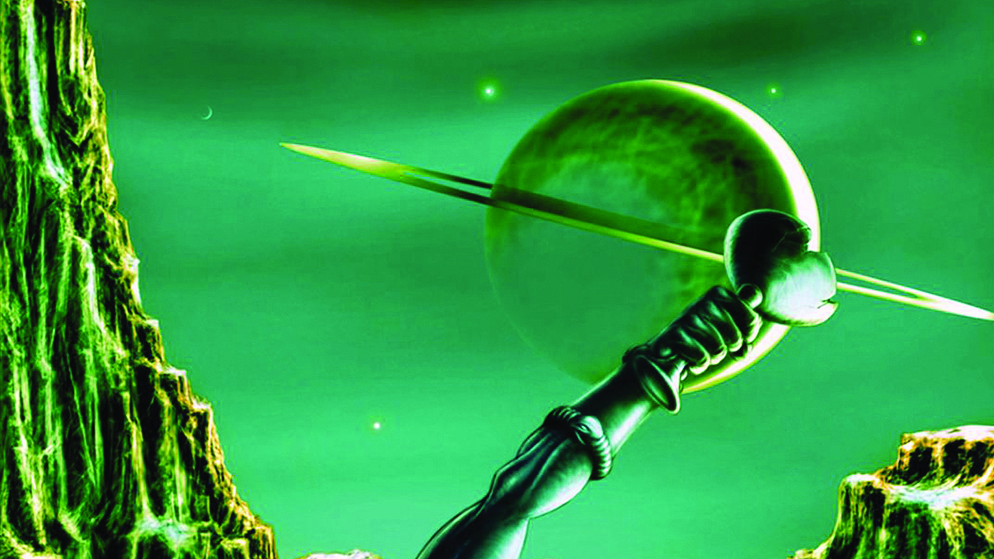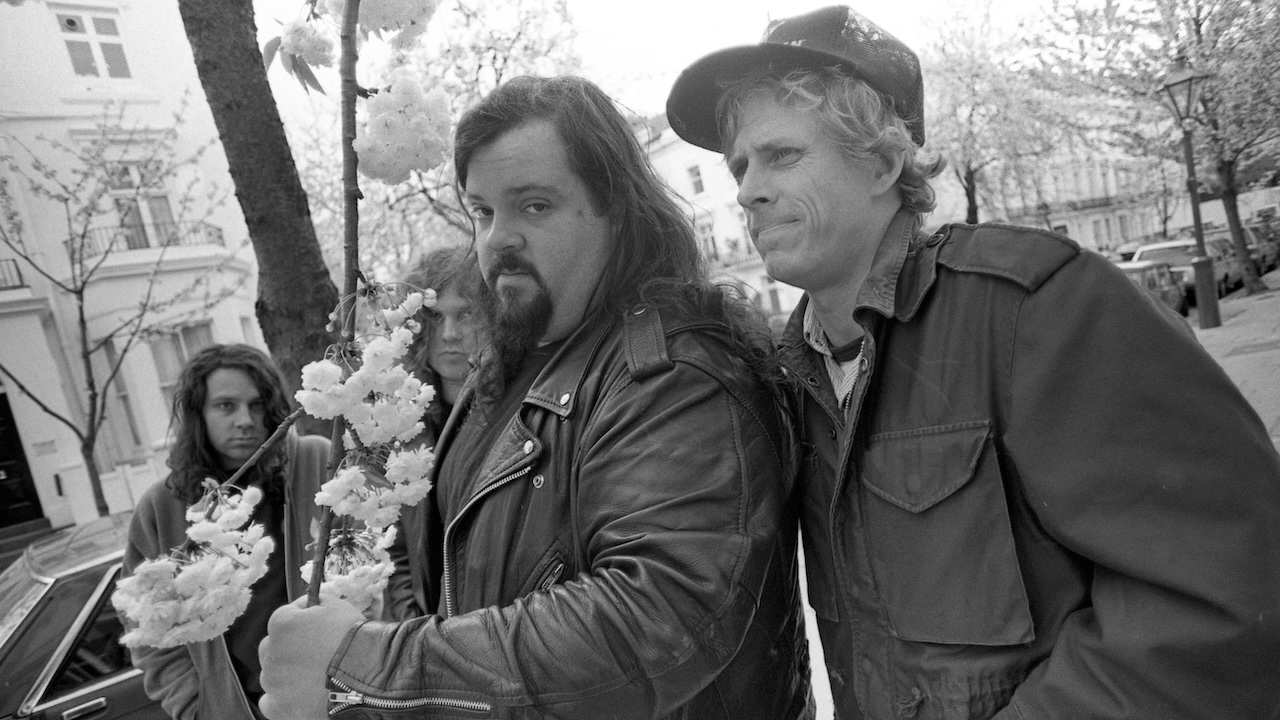You can trust Louder
It was the end of the 80s. In Seattle there was Soundgarden and the laconic, Mark Armfronted Green River (shortly to spawn Pearl Jam and Mudhoney) reinventing hard rock and blues-based metal. Over in New Jersey a collection of deranged bearded Black Sabbath and Hawkwind fans going by the name of Triple Bad Acid (also King Fuzz and Dog Of Mystery) were putting together the finishing touches to their stoned-out 1989 masterpiece Tab. Four tracks of wah-wah infused space-rock, the album revolved around its monstrous titular song: 34 minutes of oscillating guitar effects and demented screaming, its heavy acid vibe sounding like it had been beamed in direct from the Fillmore circa 1967.
These days Monster Magnet (as they became) might have scantily clad girls pillow-fighting in their videos, but back then their nascent stoner rock felt like the most likely to succeed alongside fellow 70s godhead freaks Soundgarden.
Tab (9⁄10) was Monster Magnet’s first full-length record (think of Sonic Boom’s lengthier, more out-there excursions in Spacemen 3 and you’re close), but it was only given a full release after the success of the mighty 1991 cult classic Spine Of God (9⁄10). That, the Magnet’s second, is a mind-expanding fusion of psychedelic, punk, stoner, heavy and space-rock and metal, with songs such as the blowsy Zodiac Lung and the sprawling, pulsating centrepieceBlack Mastermind. Partly overlooked at the time due to the success of Nevermind, it has stood the test of time well. Very well. A stone-cold, stoned/rolled classic.
Sign up below to get the latest from Classic Rock, plus exclusive special offers, direct to your inbox!
Everett True started life as The Legend!, publishing the fanzine of that name and contributing to NME. Subsequently he wrote for some years for Melody Maker, for whom he wrote seminal pieces about Nirvana and others. He was the co-founder with photographer Steve Gullick of Careless Talk Costs Lives, a deliberately short-lived publication designed to be the antidote to the established UK music magazines.


